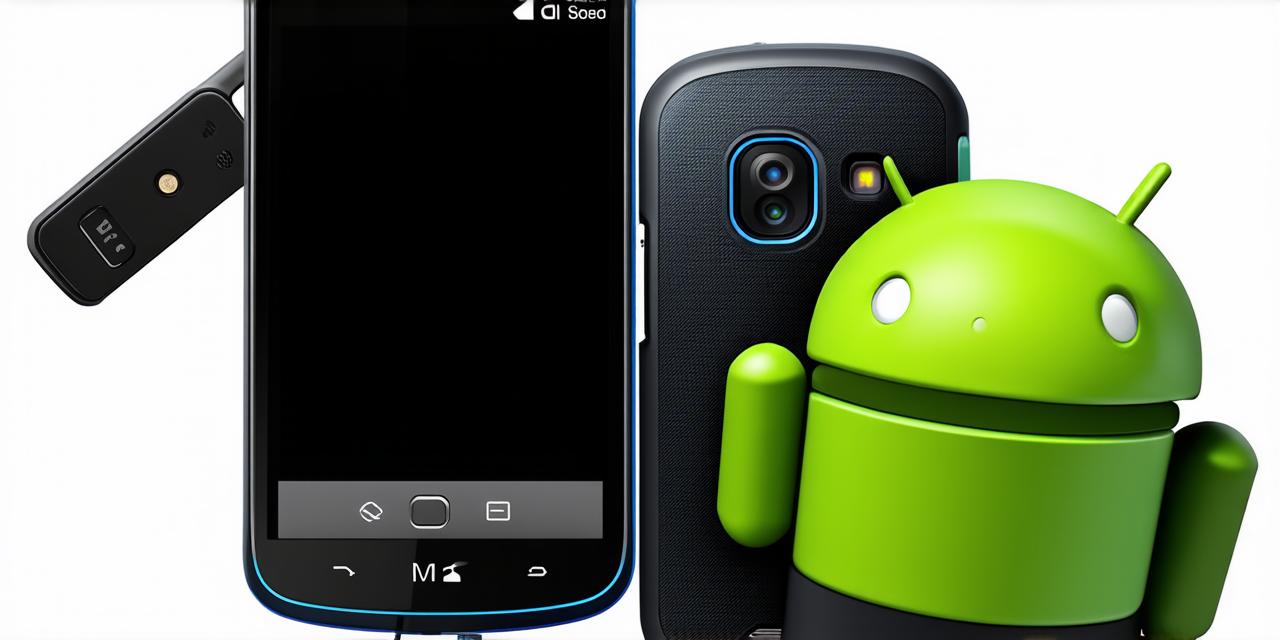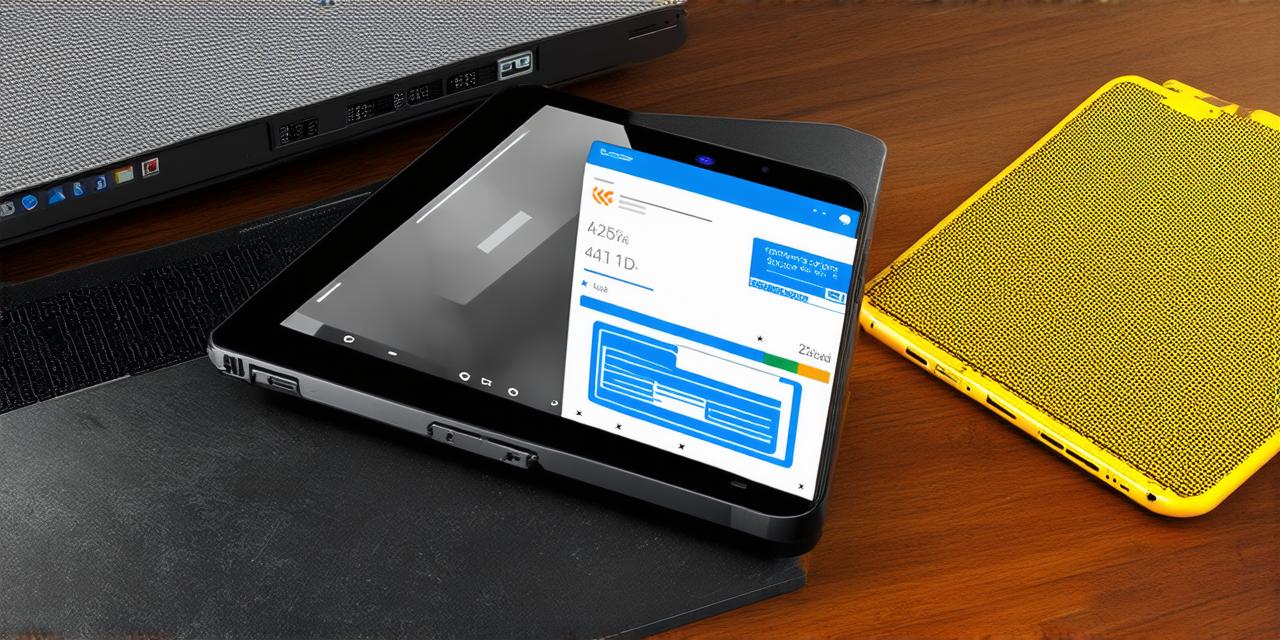Are you an Android game developer looking to create a more efficient app creation process? Look no further! In this article, we will explore some of the key tools that can help streamline your development process and make it easier to create high-quality apps.
1. Integrated Development Environments (IDEs)
Integrated Development Environments (IDEs) are software applications that provide a comprehensive set of tools and features for developing, debugging, and testing Android apps. IDEs make it easy to write, test, and debug code all in one place, saving you time and effort.
Some popular Android game development IDEs include:
- Android Studio
- Eclipse ADT
- Xcode
Android Studio is the most popular choice for Android game developers. It offers a wide range of features and integrates well with other Android development tools.
2. Version Control Systems
Version control systems (VCS) are software tools that help developers keep track of changes to their code over time. With a VCS, you can easily revert to previous versions of your code, collaborate with other developers, and manage different branches of your project.
Some popular VCS for Android game development include:
- Git
- SVN
Git is the most popular choice for Android game developers due to its flexibility and scalability. It allows multiple developers to work on a single project simultaneously, making it easy to collaborate and share code.
3. Debugging Tools
Debugging tools are essential for identifying and fixing bugs in your Android app. These tools allow you to test your app’s functionality, monitor its performance, and identify any issues that may arise during development.
Some popular debugging tools for Android game development include:
- Logcat
- Android Debug Bridge (ADB)
Logcat is a command-line tool that allows you to view log messages generated by your app. It helps you identify and fix bugs, performance issues, and other problems that may arise during development.
4. Testing Frameworks
Testing frameworks are software tools that help developers write, run, and manage automated tests for their Android app. Automated testing is a crucial part of the development process, as it helps you catch bugs early on and ensure that your app meets its requirements.
Some popular testing frameworks for Android game development include:
- JUnit
- Espresso
JUnit is a widely used unit testing framework for Java applications, including Android apps. It allows you to write and run tests for individual units of code, ensuring that they are working as expected.
5. Cloud-Based Development Platforms
Cloud-based development platforms provide developers with a remote server where they can write, compile, and deploy their Android apps. These platforms offer several benefits, including increased collaboration, scalability, and accessibility.
Some popular cloud-based development platforms for Android game development include:
- Firebase
- Fabric
Case Study: Creating an Android Game with Unity
Unity is a popular game engine that supports both 2D and 3D game development for Android. In this case study, we will explore how to create an Android game using Unity.
Step 1: Install Unity
To start creating an Android game with Unity, you first need to install the software on your computer. You can download the latest version of Unity from the official website:
https://unity3d.com/get-unity/download
Once you have installed Unity, open it up and create a new project. Choose “2D” or “3D” as your game type, depending on your preference.
Step 2: Create Your Game World
Next, you need to create your game world. This includes creating your assets (such as characters, backgrounds, and sound effects), setting up your camera, and configuring your physics settings.
Unity offers a wide range of tools for creating your game world, including the Asset Store, where you can find pre-made assets and plugins. You can also use Unity’s built-in tools to create your own assets or import them from other software.
Step 3: Write Your Code
Once you have created your game world, you need to write your code. This includes creating scripts for your characters, implementing game logic, and configuring your user interface (UI).
Unity uses C as its primary programming language, so if you are familiar with C, you can start writing your code right away. If you are not familiar with C, Unity also offers a visual scripting system that allows you to create game logic without writing any code.
Step 4: Test Your Game
Before you deploy your game, it’s important to test it thoroughly to ensure that it is functioning as expected. Unity provides several tools for testing your game, including the built-in editor and the Unity Hub.
The built-in editor allows you to preview your game in real-time, while the Unity Hub provides a centralized location for managing your game’s build settings and distribution. You can also use third-party testing tools, such as TestFairy or Firebase Test Lab, to test your game on multiple devices.
Step 5: Deploy Your Game
Once you have tested your game thoroughly, it’s time to deploy it to the Google Play Store. To do this, you will need to create a Google Developer account and follow the steps outlined in the official documentation:
https://developers.google.com/android/publish
It’s important to note that publishing your game on the Google Play Store requires some technical knowledge and experience with Android app development. If you are new to Android app development, it may be helpful to seek out tutorials or hire a professional developer to assist you.
Summary
In conclusion, there are several key tools that can help you create an efficient and high-quality Android game. These include IDEs, version control systems, debugging tools, testing frameworks, and cloud-based development platforms. By using these tools, you can streamline your development process, catch bugs early on, and ensure that your game meets its requirements. With the right tools and knowledge, anyone can create a successful Android game.



